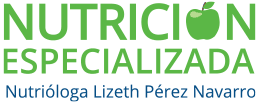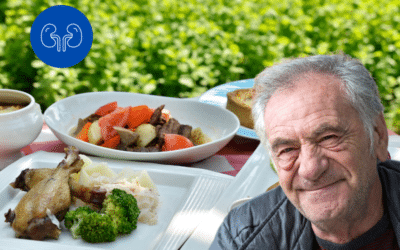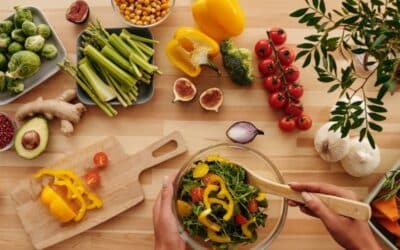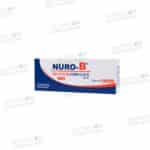If you have kidney stones, you may need to follow a special eating plan. First, your doctor will run some tests to determine the type of stones your body produces. Based on these tests, the doctor can determine what dietary changes may be appropriate for you. A dietitian can help you make the necessary adjustments to your diet.
What is a Kidney Stone?
A kidney stone is a hard mass formed from crystals present in urine. In most people, natural chemical compounds in urine prevent stone formation.
Are all kidney stones the same?
No. The most common type of kidney stone is formed from calcium and oxalate. Individual treatment for kidney stones depends on the type of stone.
Is there a diet I can follow to prevent my body from forming more kidney stones?
Sometimes, a special eating plan may be enough to prevent the formation of more kidney stones. Other times, you may need to follow a special diet and take medications.
What kind of diet do I need to follow?
You may be asked to modify the amount of salt, calcium, oxalate, protein, potassium, and liquids in your diet. A nutritionist or nutrition expert can help you make these changes in a unique and personalized eating plan.
I had a calcium stone. What kind of diet should I follow? Do I have to avoid high-calcium foods?
If you had a calcium stone, your doctor may ask you to reduce the amount of salt and sodium in your diet. Extra sodium causes you to lose more calcium in urine, increasing your risk of producing another stone. Your doctor will likely advise you to limit sodium intake to 2,000 – 3,000 milligrams per day. Your nutritionist or nutrition expert can help you adjust your sodium intake.
You may not have to limit a significant amount of dietary calcium. It’s important to talk to your doctor and nutritionist about the right amount of calcium you should consume. Low calcium diets for extended periods can lead to bone loss or osteoporosis.
A nutritionist or nutrition expert can help you determine if you need more or less calcium and modify your diet to reduce sodium intake.
I had an oxalate stone What kind of diet should I follow? Do I need to avoid oxalate-rich foods?
If you’ve had a kidney stone that contains oxalate, consider that some research suggests limiting the consumption of oxalate-rich foods may help reduce the likelihood of forming another oxalate stone. Oxalate-rich foods include peanuts, tea, instant coffee (more than 8 ounces per day), beets, beans, berries (blackberries, raspberries, strawberries, currants, etc.), chocolate, Concord grapes, dark leafy vegetables, oranges. Since stones contain both calcium and oxalate, it may also be necessary to follow the calcium recommendations from the previous question.
My doctor told me to drink a lot of fluids. How much is “a lot,” and does the type of liquid matter?
To reduce the risk of forming a new stone, it’s important to drink at least two or three liters of water during the day. When it’s hot, you may need to drink more to compensate for fluid loss through sweating. This will help keep your urine less concentrated. Less concentrated urine reduces the risk of stone formation. Most of the fluid you should drink is water.
Is there anything else I can do with my diet to help prevent kidney stone formation?
Reducing the amount of animal proteins can help. Animal protein sources include beef, chicken, pork, fish, and eggs. Most people only need a hundred to a hundred and fifty milligrams of high-protein foods and three servings of milk or cheese a day. Consult your doctor or nutritionist to ensure your protein intake is sufficient but not excessive.
Will taking a vitamin or mineral supplement help or harm me?
Vitamins B (including thiamine, riboflavin, niacin, B6, and B12) have not shown to have a harmful effect on people with kidney stones. However, consult your doctor or nutritionist about the use of vitamin C, vitamin D, fish liver oils, or mineral supplements containing calcium, as certain supplements may increase the likelihood of stone formation in some individuals.





